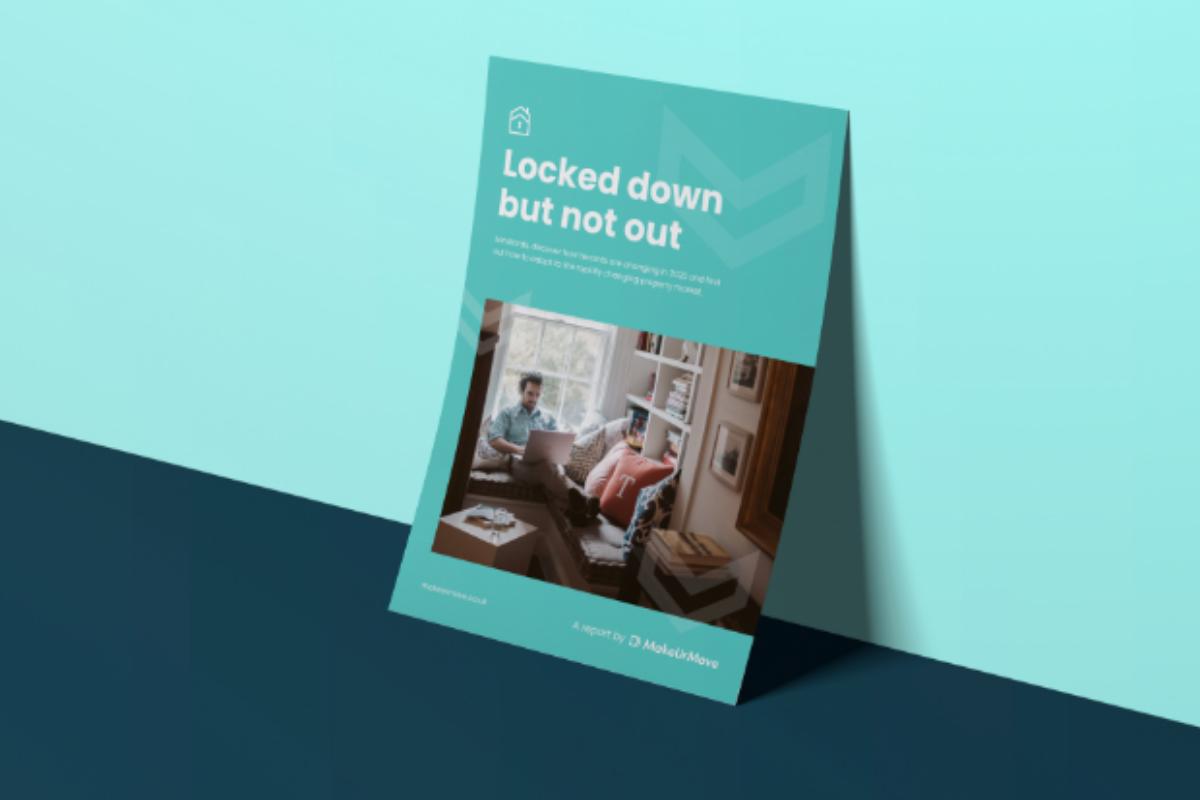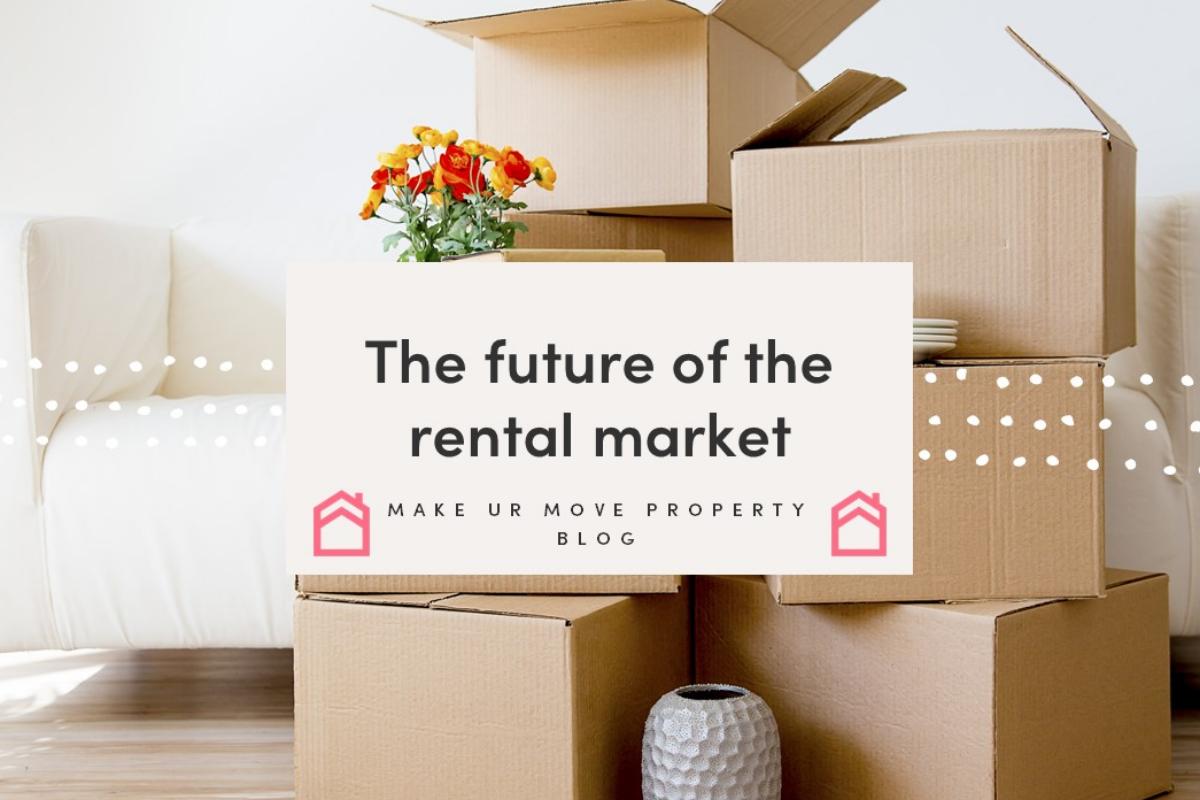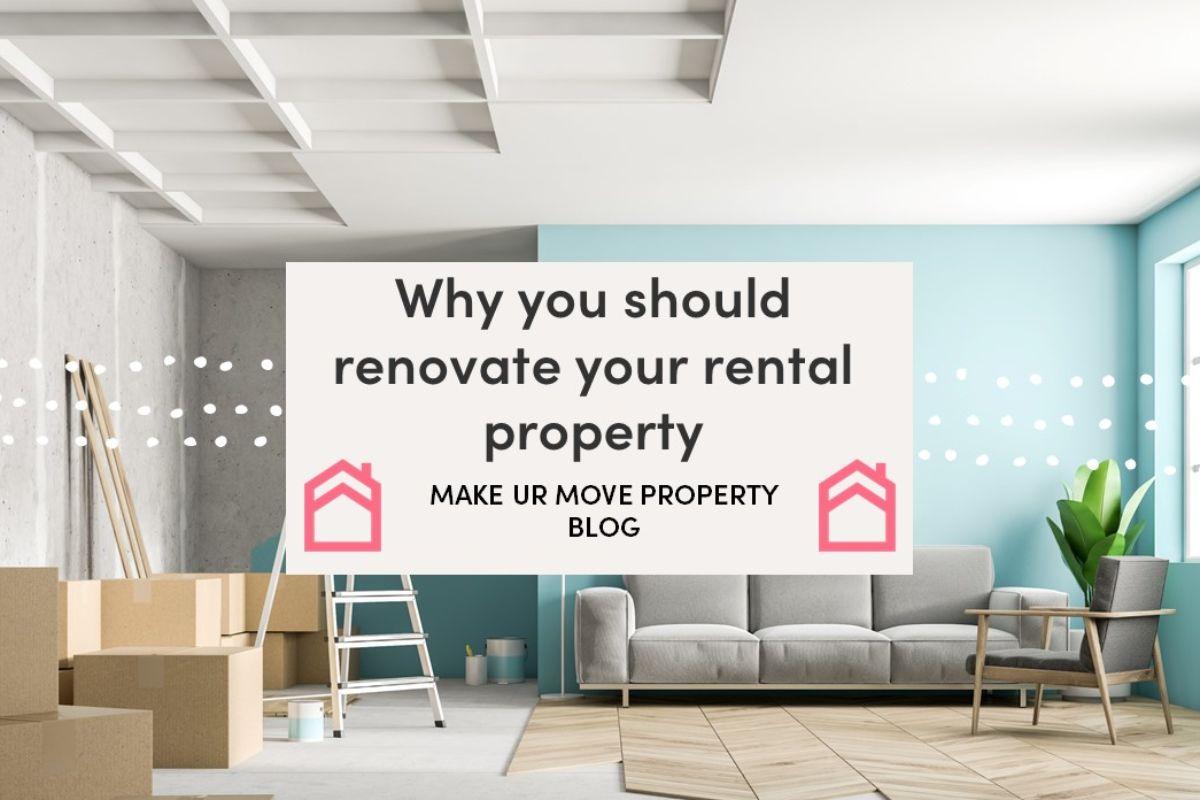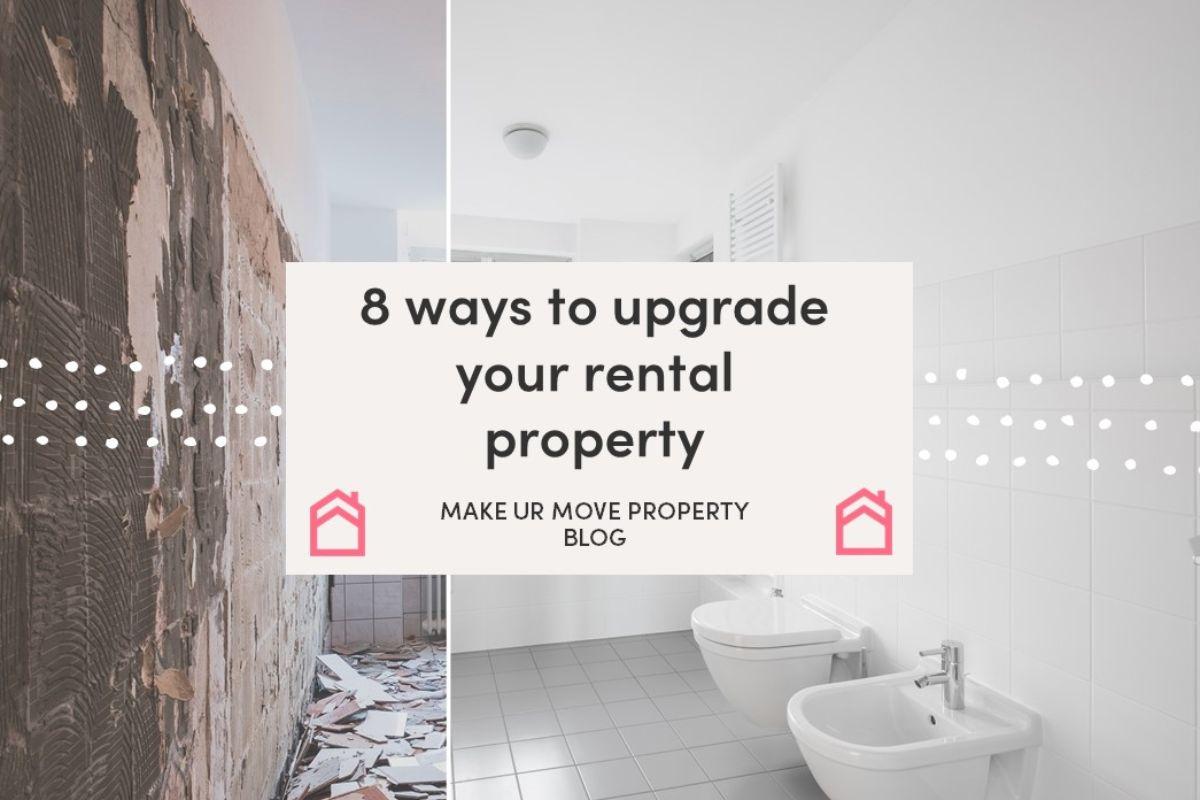
The coronavirus pandemic continues to have a huge impact on the private rental market. With a national lockdown leading to widespread restrictions, including home moves and viewings shut down, the landscape of the sector has changed.
MakeUrMove recently conducted research and analysed the findings to help you gain a greater understanding of the current rental market.
Our ‘Locked down, but not out’ report discusses the 2020 rental landscape, changing tenant demands, remote and virtual viewings, legislation, the future of student rentals and gives you practical tips to adapt and thrive in the new-look rental market.
Here we explore how the Covid-19 lockdown has impacted the rental market and share some insights from our latest report.
The economic impact
The economic impact of Covid-19 has been huge. Unemployment is on the rise and many people are still facing financial uncertainty with government furlough schemes or the threat of potential future redundancy. The result is people are acting cautiously.
Due to a lack of financial security, many people are instead moving towards the flexibility associated with renting versus owning a home.
With house prices skyrocketing and a number of banks reducing their mortgage deals, home ownership has become less attractive and more unaffordable.
However, it’s good news for landlords. Demand for rental properties is at a high and is resulting in a quicker tenant-finding process.
Tenant preferences
The national lockdown changed tenants’ property preferences and priorities.
City centres were hit particularly hard by Covid-19 with high infection rates resulting in longer lockdowns and tougher restrictions. With city centre rental properties typically made up of smaller apartments and terraced houses, many people couldn’t accommodate the ‘new normal’ of working, studying and exercising as well as living, eating and sleeping in the same place.
As a result, many tenants have reevaluated their living situations and main priorities when looking for a rental property. Access to garden or outdoor space is top of tenants’ priorities list, as well as internet connectivity and mobile phone reception.
While travel links were listed as the fourth highest priority amongst tenants prior to the coronavirus pandemic, they have instead been named as the least important factor when considering a rental property post COVID-19.
Increasing stock levels
Demand for holiday lets has also dropped, with the travel sector shutting and restricted by local lockdowns.
Holiday-let landlords are taking steps to cut their losses by letting their properties out on a longer-term basis instead. However, the impact has meant the private rental sector is a lot more competitive with landlords having to lower the price of rent to attract tenants.
In fact, tenants are swapping city centre locations, such as London and Manchester, for towns and villages with green space. With city centre locations in less demand, the impact is an increase in rental prices in some rural areas.
Virtual viewings
When a ban on physical viewings was introduced in March, landlords were placed in a difficult position. Step forward virtual viewing. These aren’t a completely new phenomenon, but have seen a huge uptake recently due to the ban on in-person housing viewings.
While we’re starting to head towards some normality, landlords and tenants alike are reaping the benefits of virtual viewings. The greatest benefit is a reduction in overall time. For example, virtual viewings mean less time is spent on filtering enquiries from prospective tenants and physical appointments. Landlords are also seeing a higher quality shortlist of potential tenants that results in an offer.
We offer a range of virtual viewing services including video walkthroughs, live video calls and 360 degree tours.
Legislation
The financial uncertainty caused by the coronavirus pandemic led to the introduction of a number of new legislative measures. These included rental holidays, buy-to-let mortgage holidays, rent reductions and a ban on evictions.
Under the rental eviction ban, a six-month notice period is in place until March 2021 for landlords.
You can find out more about the current legislation that’s in place and what’s in the pipeline here.
State of the 2020 rental market
For more in-depth insight on the 2020 rental market and changing tenant demands, download our latest report here: Locked down, but not out







